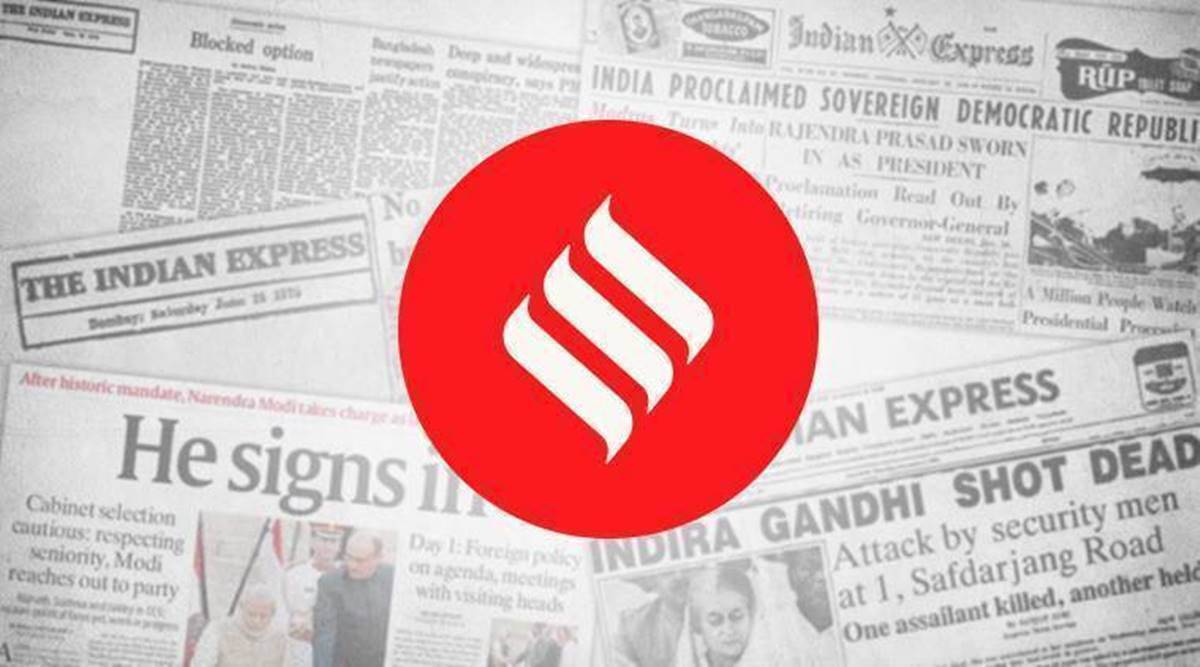 This revelation has made many uncomfortable. Some have expressed discomfort over Bourdain’s voice being faked because there’s no way of knowing if he would have consented to being deep faked if he had been alive.
This revelation has made many uncomfortable. Some have expressed discomfort over Bourdain’s voice being faked because there’s no way of knowing if he would have consented to being deep faked if he had been alive. What would Anthony Bourdain have made of his voice being deep faked? This is a question that fans have been asking since it was revealed last week that a new documentary called Roadrunner: A Film About Anthony Bourdain used AI to clone Bourdain’s voice. The documentary is narrated by the late chef himself, a feat that was achieved by stitching together audio clips of Bourdain from various sources, and director Morgan Neville has stated that the only faked bits are three lines from a letter he once wrote to a friend.
This revelation has made many uncomfortable. Some have expressed discomfort over Bourdain’s voice being faked because there’s no way of knowing if he would have consented to being deep faked if he had been alive. That the lines were actually written by Bourdain himself is irrelevant. Others have pointed to the lack of transparency. The use of AI in this context is unsettling because it was stated only after the fact, with the director even joking that a “documentary ethics panel” could be set up later to debate the issue. To be clear, this is not a question of documentary ethics, as cinema — whether fiction or nonfiction — often aims for a truth that is much more than “the truth of accountants”, as German filmmaker Werner Herzog once put it.
The fact that no one would have known about the cloned voice in the documentary if the director himself hadn’t mentioned it has drawn attention to how easy it is to be fooled by AI. And this is the real issue — being confronted with a problem we didn’t want to imagine would exist, never mind that words like artificial intelligence, deep fakes etc have been a part of the collective vocabulary for a while now. This is ethically treacherous ground and the only way to navigate it is by preparing for the fault lines before arriving at them.
- The Indian Express website has been rated GREEN for its credibility and trustworthiness by Newsguard, a global service that rates news sources for their journalistic standards.

